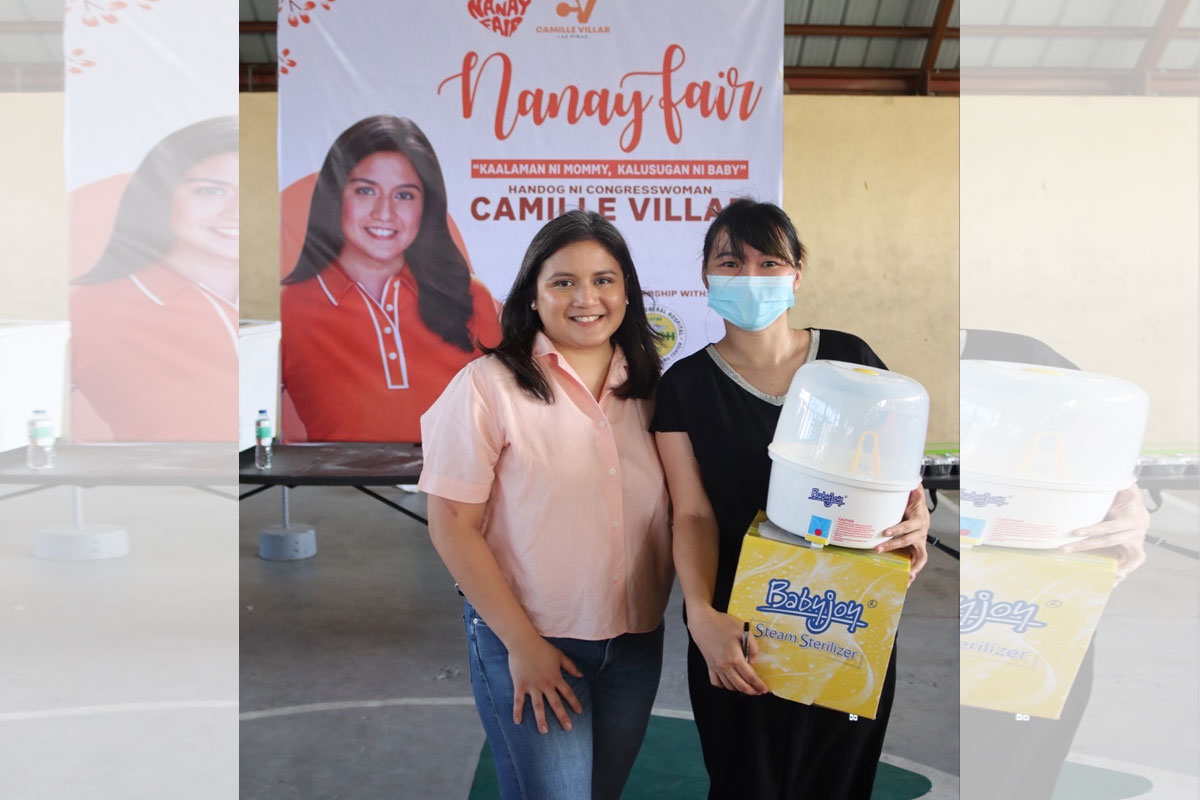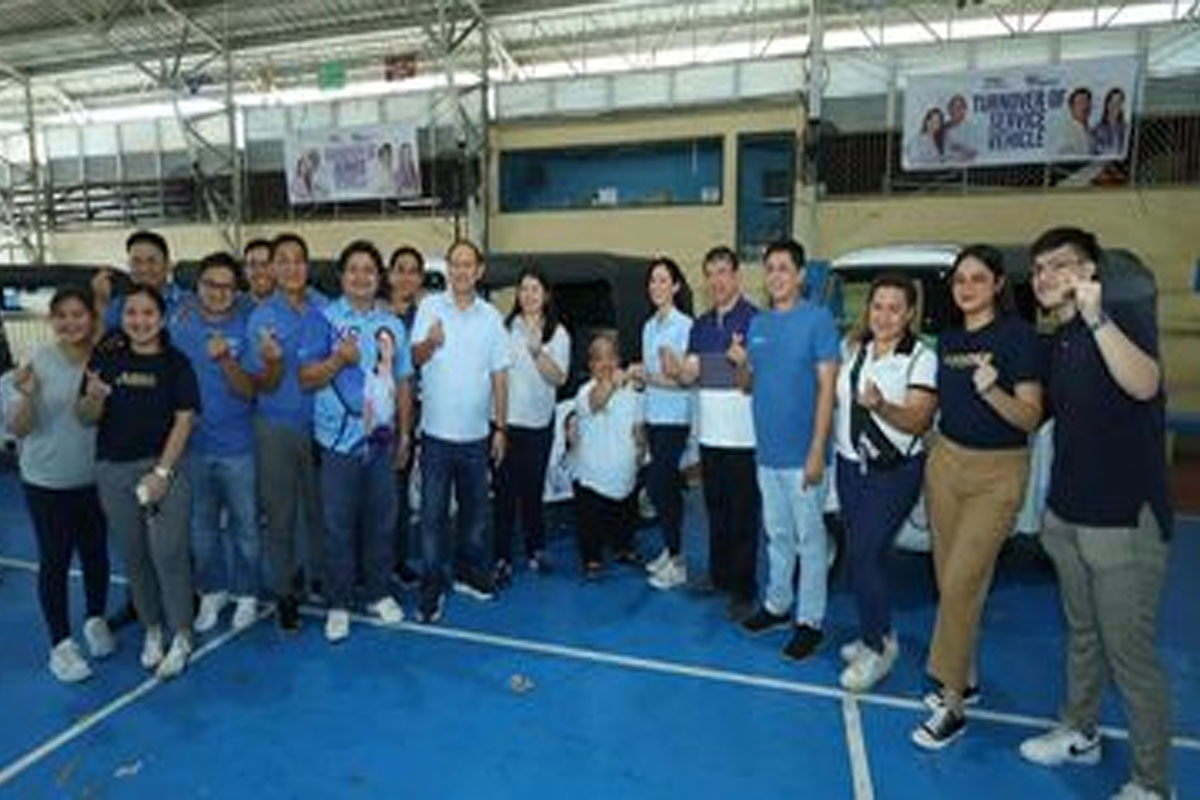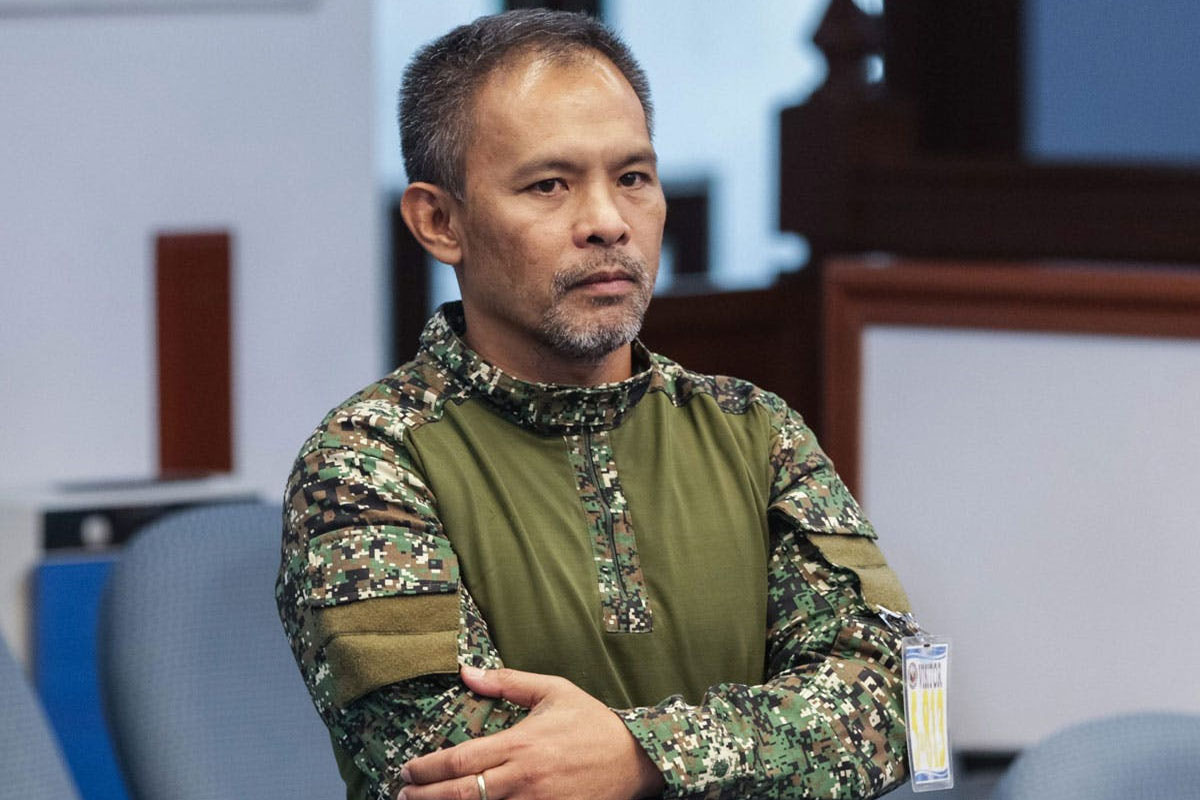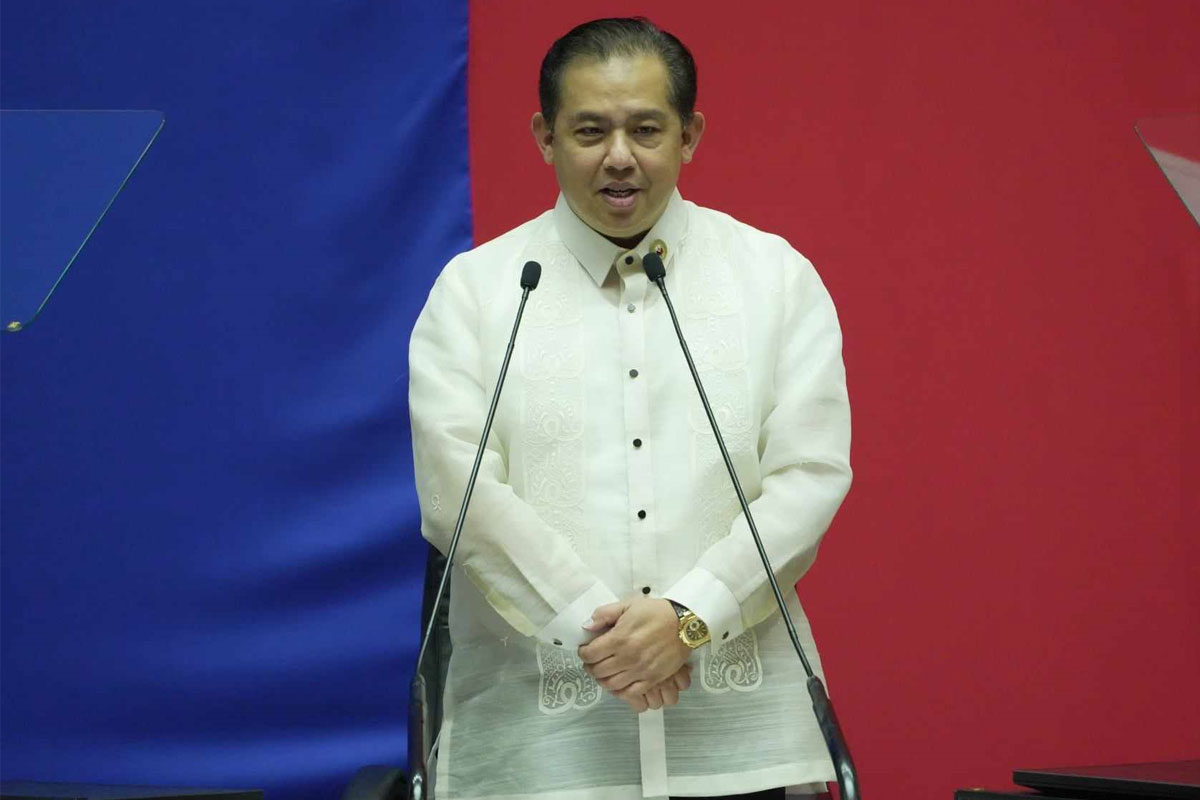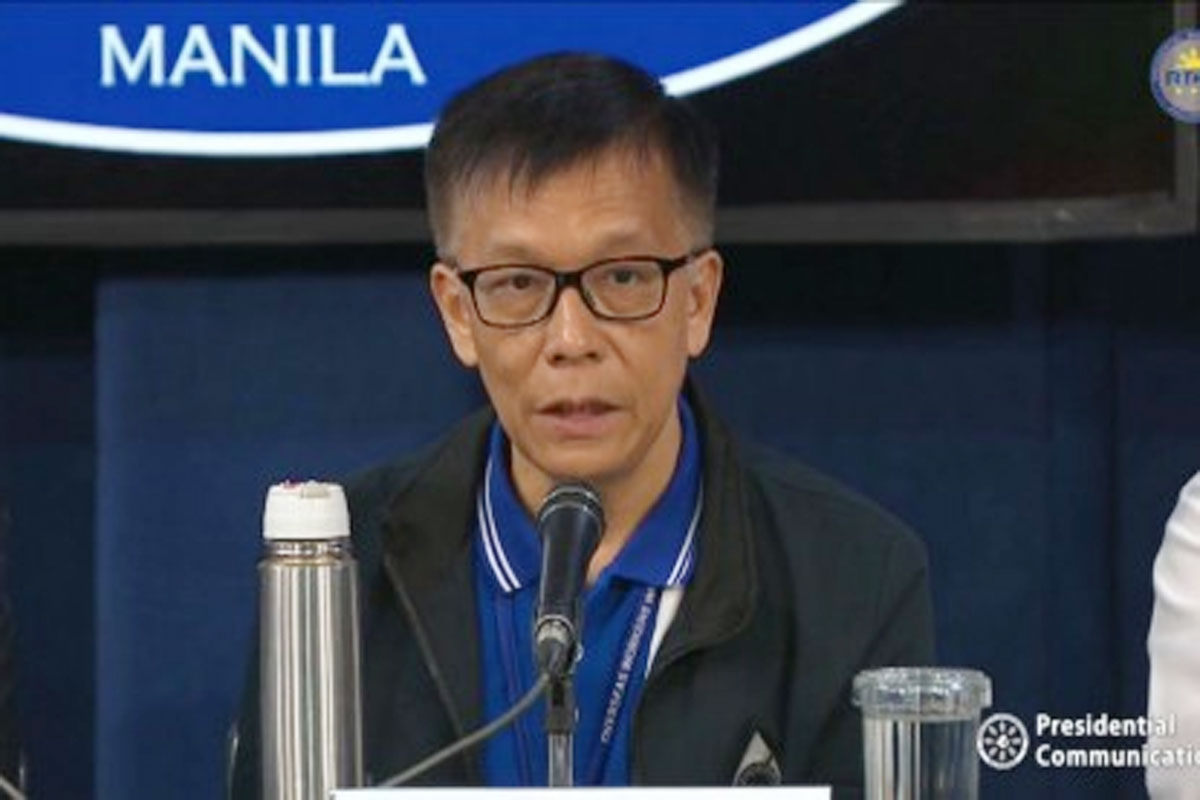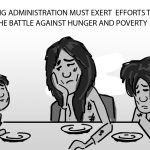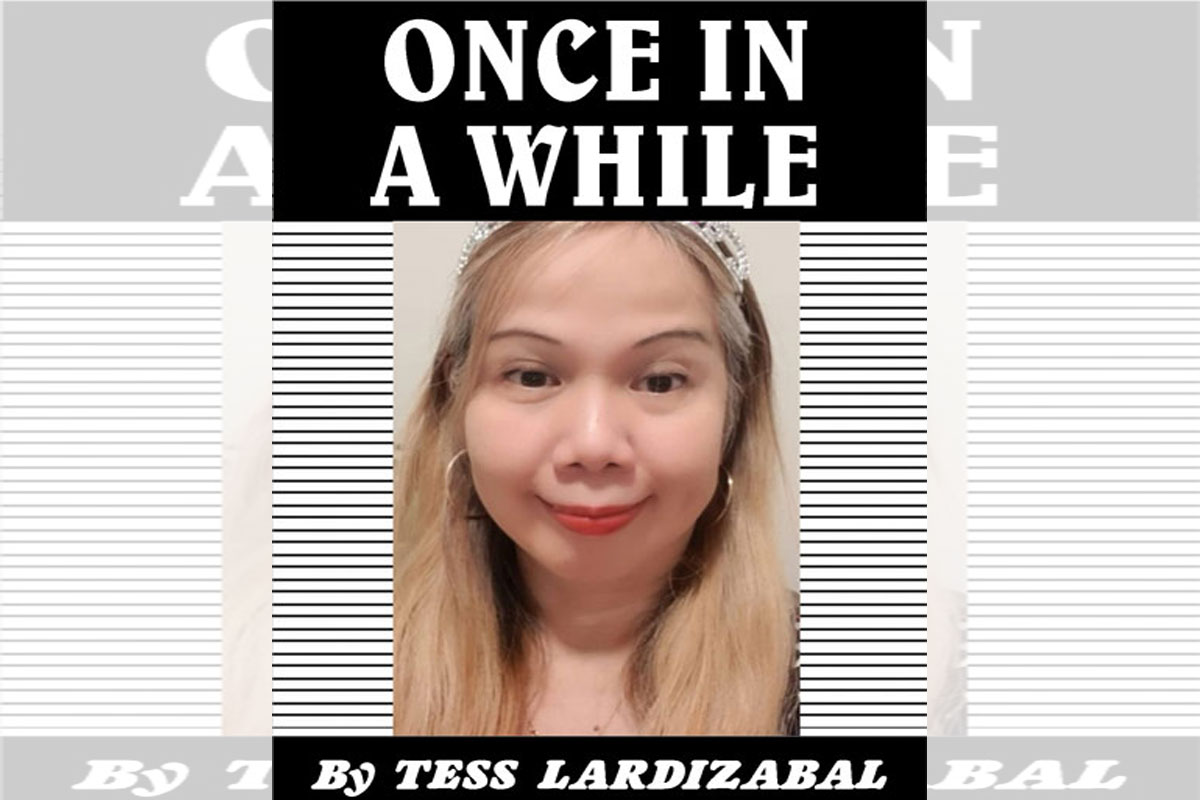
Understanding the Class D & E voter
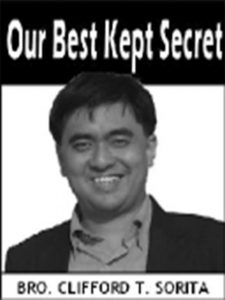 After our initial analysis of the Class D & E Voter based on Rev. Fr. Anton CT Pascual’s discussion on the “Mind of the Poor” (in last week’s column). Allow me now to continue on this post-election evaluation by presenting to you the remaining last 3 MINDSETS of the CLASS D & E Voter vis-à-vis this recently held 2022 National Polls.
After our initial analysis of the Class D & E Voter based on Rev. Fr. Anton CT Pascual’s discussion on the “Mind of the Poor” (in last week’s column). Allow me now to continue on this post-election evaluation by presenting to you the remaining last 3 MINDSETS of the CLASS D & E Voter vis-à-vis this recently held 2022 National Polls.
MINDSET 3: IMMEDIATE SHORT-TERM RELIEF OUTWEIGHS A PROMISE OF A FUTURE BENEFIT. The Philippine Institute for Development Studies (PIDS) issued a study to determine the distribution of wealth in the Philippines. With the poverty line being a household income of P10,481 per month for a family of five, PIDS reported that 22% of Filipino households are presently living below the poverty line. Households earning between P10,481 to P20,962 are considered the low-income class and they constitute 35% of the population. Together, these two classes constitute 57% of the population. This is what French Economist, Thomas Piketty, calls “wealth inequality”. “All across the world, we see social movements demanding more economic justice, and we also see the need to rethink the organization of economic globalization in order to address social and environmental changes … The general problem that we are facing is the following: If we do not open up new perspectives in terms of social progress and economic justice, and if the “neoliberal centrists” keep pretending that there is only one possible economic policy (basically to the benefit of the most affluent), then we run the risk that the political discussion is going to be more and more about identity, which will provide a winning ground for the nationalists and the nativists” (Thomas Piketty).
Even the Holy Father, Pope Francis says that “while the income of a minority is increasing exponentially, that of the majority is crumbling. This imbalance results from ideologies which uphold the absolute autonomy of markets and financial speculation, and thus deny the right of control to States, which are charged with providing for the common good. A new, invisible and at times virtual, tyranny is established, one which unilaterally and irremediably imposes its own laws and rules” (cf. Address to new Vatican Ambassadors, May 16, 2013). Thus, if Liberal Democracy has created an economic system which has become “OF THE 1%, BY THE 1%, FOR THE 1%” (cf. Joseph E. Stiglitz, Vanity Fair, 2011) this will eventually create a social divide between the poor and the social elites to which the poor would readily gravitate towards the candidate who they feel is pro-poor and could readily give them the immediate financial relief they need and not the mere promise of economic prosperity which for them is too far from their reach due to this existing socio-economic divide created by liberal democracy.
MINDSET 4: VALUES ARE NOT IMPOSED. If we truly want a chance at persuading the poor, we must first demonstrate an understanding of their position. Otherwise, how will they know you’re even on the same page? The more we pushed the poor in one direction, the more tense the argument will get. The more we push our own values and beliefs, the further we will get from changing their decision. It’s far better to listen to the poor’s wants and desires and help them achieve those than to impose our own. Once we understand their wants, we can give them our best recommendation based on what they want. If we want to sway their opinion, we will need to prove we comprehend their judgements before moving on. We might learn something we didn’t know.
Finally, MINDSET 5: INFORMATION VERIFICATION IS A LUXURY FOR THE RICH. The clamor for voters to be critical amidst this tsunami of fake news have been challenging as well for the poor. For how do you verify and critically examine this flood of information within the limited time at your disposal? Would you rather spend time scrutinizing social media or put food on the table? In fact, spending time to participate in voters’ education is a luxury the poor simply cannot afford.
IN CONCLUSION, allow me to postulate a popular saying … “Watch your thoughts, they become your words; watch your words, they become your actions; watch your actions, they become your habits; watch your habits, they become your character; watch your character, it becomes your destiny.”
———————oOo———————
For any personal comments or suggestions, you may call or text at 09174805585 or email me at [email protected].







